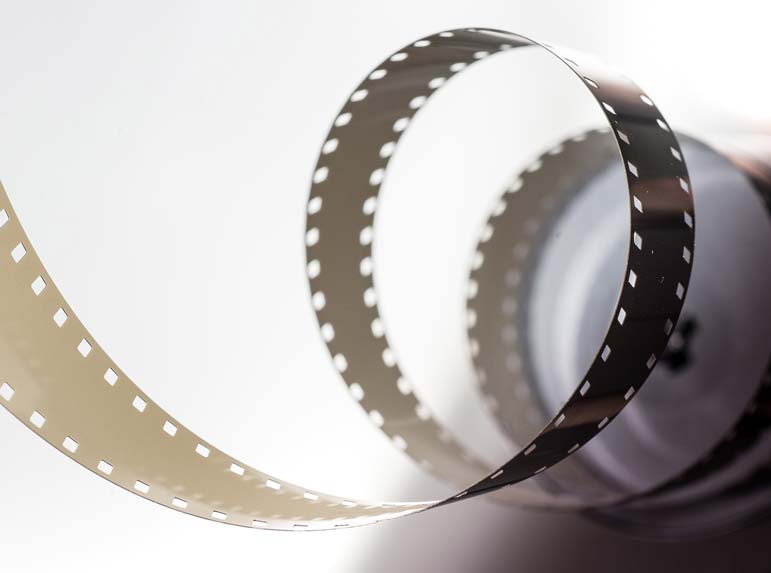
True, there are good reasons to reconsider certain elements of the Paramount consent decrees, a hodgepodge of rules and restrictions agreed to by the studios 70-some years ago following a Supreme Court ruling that forced studios to divest from their theater holdings.
(Short version: Once upon a time, studios owned not only the means of production but also the means of distribution, using their power to limit what played where and for how long and forcing theaters to play studio slates.)
The industry has changed immensely, with single-screen theaters giving way to multiplexes, which in turn have given way to cable, which in turn gave way to VHS and DVD and Blu-ray, which in turn have been supplanted by streaming services.
Given all of this change, it's not surprising that certain aspects of antitrust regulation of the studios are seen as out of date. Netflix is all but locked out of theatrical distribution because big chains such as AMC and Regal have no interest in letting Netflix violate the theatrical window (that is, refuse to wait 90 days between theatrical screenings and home viewing); would it really be the worst thing in the world if Netflix bought up theaters around the country to show "The Irishman" or "6 Underground" or whatever else for a week or two before dropping those titles on its streaming service?
But there are plenty of reasons for concern. As Peter Labuza noted in a piece for Polygon outlining the ways in which a repeal of the consent decrees might impact moviegoing, Disney, the studio that still benefits the most from theatrical distribution, might get into the movie theater business wholesale, turning venues into Disney-exclusive outlets and starving the remaining theaters of popcorn-moving picture shows. Block booking on the indie circuit could reduce access for smaller studios looking to break into the theatrical business.
Regardless, consolidation will only bolster studios looking to restrict choice and gain tighter control over the titles they hold. In a long, deeply reported piece for Vulture, critic Matt Zoller Seitz highlighted the ways in which Disney has started making it more difficult for second-run movie theaters to show classic Fox films following the Mouse House's purchase of that studio. The consequences for theaters that rely on these second-run showings are potentially catastrophic.
"Disney's vaultification of Fox titles is bad news for movie theaters that depend on repertory screenings to shore up their increasingly shaky bottom lines. The decision to broaden Disney's artificial scarcity tactic to include thousands of movies released by a onetime rival is a wounding blow to a swath of theatrical venues that used to be able to show them, and where film buffs were able to see them with an audience," Seitz wrote.
Adding insult to injury, many of the films being held back from theaters aren't even available to stream and have gone out of print on DVD and Blu-ray.
That's not wholly surprising: Producing DVDs and uploading films to streaming services costs money, and some aren't necessarily worth archiving. However, consolidated control combined with ever-extended copyright terms - up to 120 years at this point - leaves us with a rather unsettling situation, one in which broad swaths of cultural output are more or less inaccessible.
Massive consolidation without a working public domain is a recipe for disaster - or mass piracy.
Which leads me to wonder if there isn't a way to use copyright as both carrot and stick for those brands looking to consolidate their power. Perhaps copyright protections could be tied to improved consumer access: Corporations can maintain their control of a work only so long as consumers are offered an opportunity to purchase the works, either via streaming service or individual rentals or physical media.
I'm generally loath to suggest using copyright in this manner - I'm a firm believer in the idea that people and companies alike should be rewarded for the fruits of their intellectual labor and use of capital - but copyright serves neither public nor private interest when protected works are simply locked away, ignored and unloved.
Sign up for the daily JWR update. It's free. Just click here.
(COMMENT, BELOW)


 Contact The Editor
Contact The Editor
 Articles By This Author
Articles By This Author